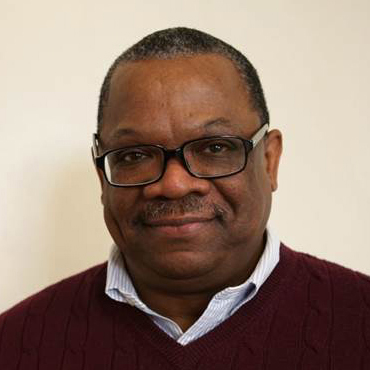Privacy Begins at Conception
Saturday, November 7, 2020, from 5–6:30 pm, Zoom with James Sherley
Video
TALK – "Identifying a Constitutional Problem with Abortion: 'Privacy Begins at Conception'"
SUMMARY – In America, the 1973 Roe v. Wade Supreme Court decision that legalized elective abortion is responsible for the undue deaths of more than 60 million prenatal babies. Many factors contribute to this bewildering human tragedy. Well
known and well discussed among the justifications is the idea that the Court’s decision was grounded in science. For many years, the now famous “When does life begin?” question dominated discourse on whether prenatal babies should have the same
protection of their right to life as postnatal babies. The “science” of the Roe v. Wade decision will be considered from the perspective that it is more remarkable for the science that is missing from it, including the science available
to the Court in 1973 — and certainly available to the Court now given the advances in that same science today. Based on the science of human life, a new constitutional argument will be presented that privacy, as well as life, begins at conception.

SPEAKER – James Sherley, M.D., Ph.D. is an award winning scientist as well as the founder and current Director of Asymmetrex in Boston, Massachusetts. Asymmetrex is the developer and holder of a rich portfolio of recently issued patents for biotechnologies for the quantification and production of human adult tissue step cells. James founded Asymmetrex in October 2013 as a continuation of the academic research center that he established as a Senior at Boston Biomedical Research Institute in 2009. James is a graduate from Harvard College in 1980 with a B.A. in biology. He completed a joint M.D. and Ph.D. program from Johns Hopkins University School of Medicine in 1988. After post-doctoral studies at Princeton University, he joined the Fox Chase Cancer Center in Philadelphia as a principal investigator in 1991. In 1998 he moved to the faculty at the Department of Biological Engineering at Massachusetts Institute of Technology, where he pursued the new discipline of adult stem cell biological engineering. James has won numerous awards and accolades, including the 1993 Pew Scholars in Biomedical Research Award, the 2003 Ellison Medical Foundation Senior Scholar Award in Aging Research, and the 2006 NIH Director's Pioneer Award. He has been a member of the ASA since 2019.


